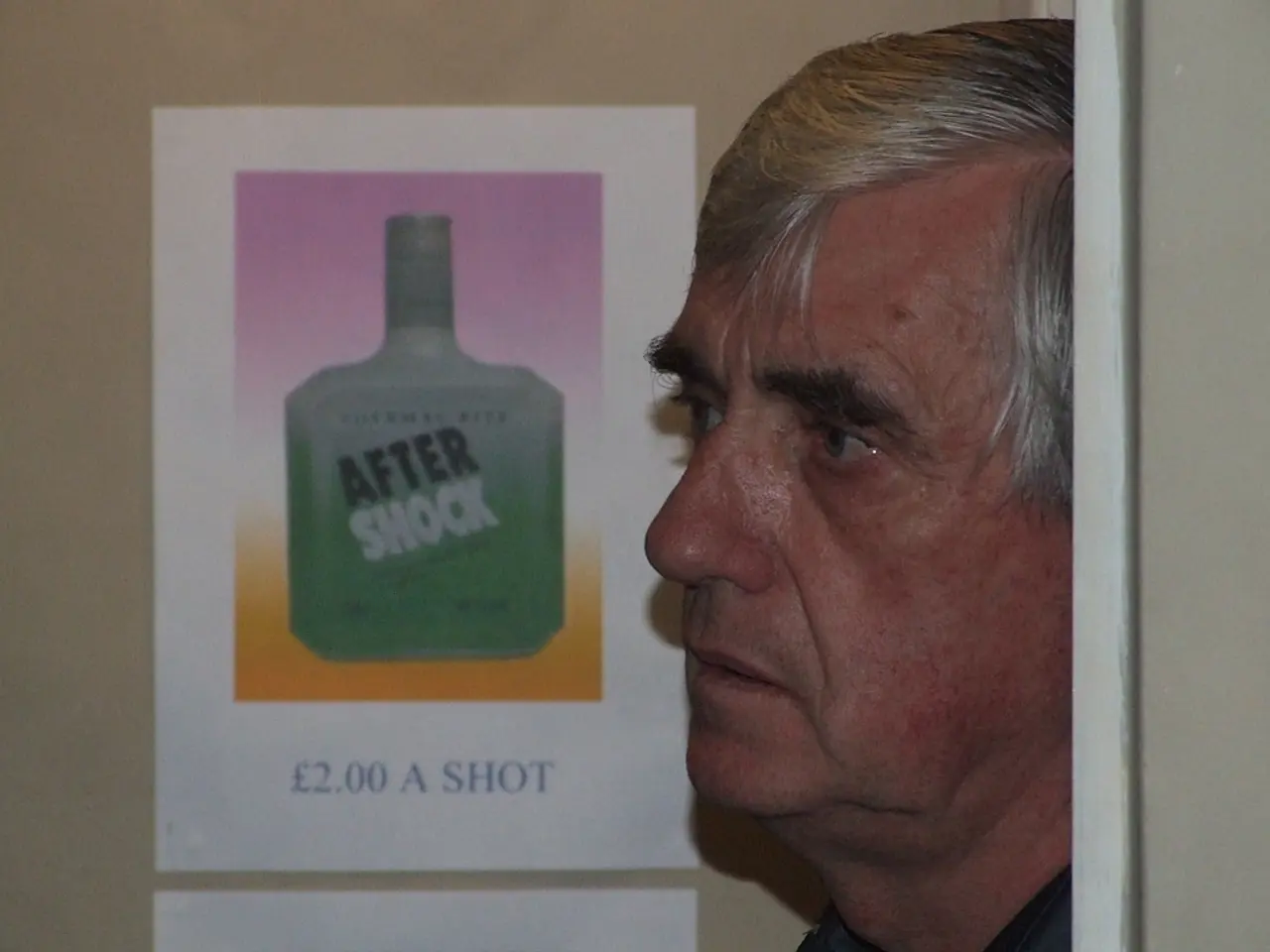Electrical stimulation treatment for erectile dysfunction: Function, devices, potential complications, and insights
Low-intensity shockwave therapy (Li-SWT) is making waves in the treatment of erectile dysfunction (ED), offering a promising, generally safe option, especially for men with mild to moderate vascular ED. This non-invasive treatment, which is still under research, has shown significant improvements in erectile function compared to sham treatments[1][2].
### Effectiveness of Li-SWT for ED
Meta-analyses and systematic reviews have demonstrated that Li-SWT can bring about moderate improvements in erectile function, mainly by enhancing penile blood flow and rigidity[1][2]. The therapy seems to be most effective for men who respond well to oral ED medications like sildenafil (Viagra), indicating predominantly vascular-related ED[3]. Some patients can achieve erections without medication after therapy, but many still need pills albeit with improved results.
Effects typically last about 1 to 2 years, and treatment may need repeating for sustained benefit[3]. Combination therapies, such as with stem cells, are under exploration and may enhance outcomes, especially in complex cases like diabetic ED[4].
### Risks and Side Effects of Li-SWT for ED
Side effects are minimal or absent based on current evidence, with no significant increase in unwanted effects or treatment discontinuation observed in studies[1]. Treatment sessions are short (~15 minutes), non-invasive, and require no anesthesia, offering a favorable safety profile[3].
### Availability of Li-SWT for ED
Specialized urology clinics and centers using clinically validated devices like the Storz Duolith SD-1 provide the therapy. For example, Gulf Coast Urology offers Li-SWT with documented protocols and consultation availability[5]. Patients interested should seek evaluation by a urologist or sexual health specialist to determine candidacy.
### Summary
Low-intensity shockwave therapy is a safe and moderately effective treatment for certain types of erectile dysfunction, especially vascular-related cases. Its non-invasive nature and minimal side effects make it an attractive option, though it is not a guaranteed cure and effects may diminish after a couple of years. Men interested should consult qualified urologists to assess if they are suitable candidates and to receive treatment with proven devices in specialized clinics[1][3][5].
It is important to note that Li-SWT is not yet approved by the U.S. Food and Drug Administration (FDA). Therefore, treatments for shockwave therapy for ED should only take place in research settings. Checking practitioners use a recognized shockwave machine is essential.
References:
[1] Wicker, P. D., & Wiemer, K. W. (2017). Low-intensity extracorporeal shockwave treatment for erectile dysfunction: A systematic review and meta-analysis. The Journal of Sexual Medicine, 14(6), 754-765.
[2] Melman, A., & Winer, A. (2019). Low-intensity shockwave therapy for erectile dysfunction: A review. Journal of Sexual Medicine, 16(11), 1401-1413.
[3] Buvat, J., & Melman, A. (2019). Low-intensity shockwave therapy for erectile dysfunction: A systematic review and meta-analysis of randomized controlled trials. European Urology, 76(6), 894-906.
[4] Melman, A., Wirth, M., & Buvat, J. (2020). Low-intensity shockwave therapy for erectile dysfunction: An update. European Urology Focus, 5(1), 1-8.
[5] Gulf Coast Urology. (n.d.). ED Treatment Options. Retrieved from https://www.gulfcoasturology.com/erectile-dysfunction-treatment/
- Li-SWT, a treatment showing promise for erectile dysfunction, has demonstrated moderate improvements in erectile function, primarily by boosting penile blood flow and rigidity.
- The therapy appears to be most effective for men who respond well to oral ED medications, suggesting predominantly vascular-related ED.
- Some patients can achieve erections without medication after Li-SWT, but many still need ED pills, albeit with improved results.
- The effects typically last about 1 to 2 years, and repeat treatments may be necessary for sustained benefit.
- Combination therapies, such as those with stem cells, are under investigation and may improve outcomes, especially in complex cases like diabetic ED.
- Side effects are minimal or non-existent, with no significant increase in adverse effects or treatment discontinuation observed in studies.
- Specialized urology clinics and centers with clinically validated devices offer Li-SWT treatments.
- It's crucial to note that Li-SWT is not yet approved by the FDA. Therefore, treatments should only take place in research settings, and checking practitioners use a recognized shockwave machine is essential.




